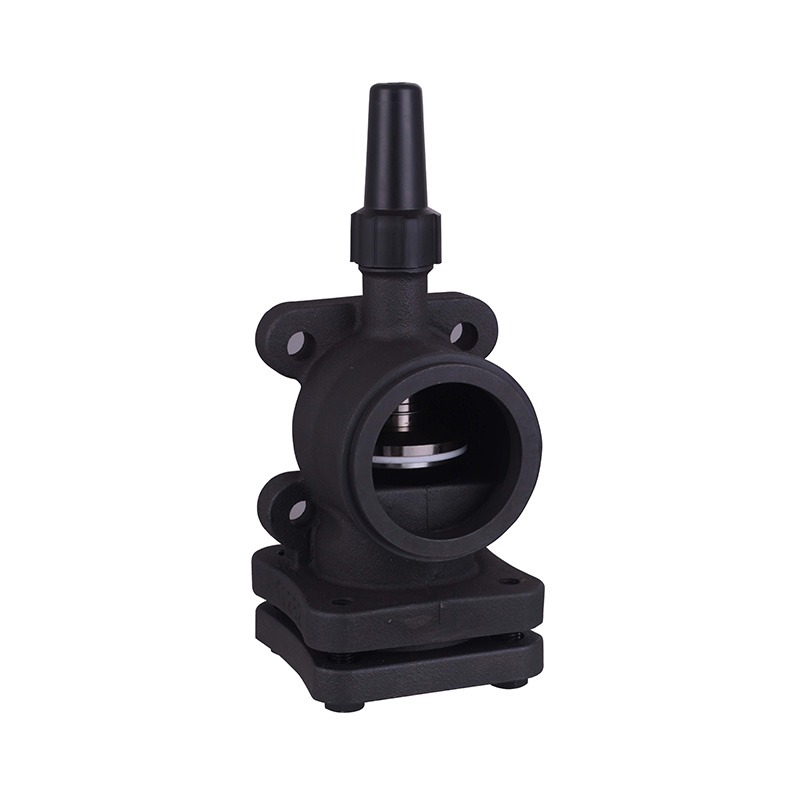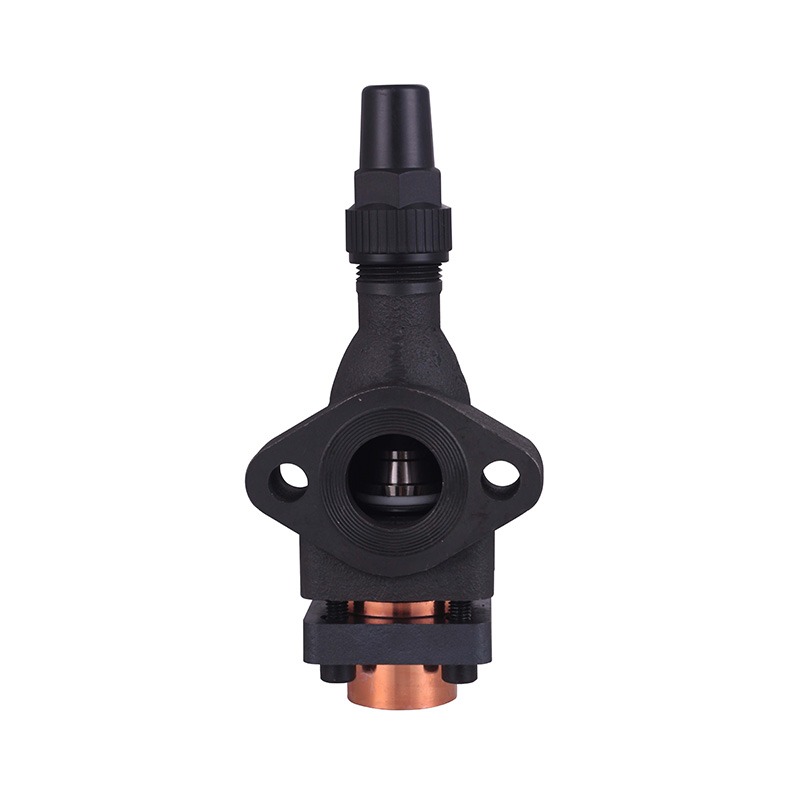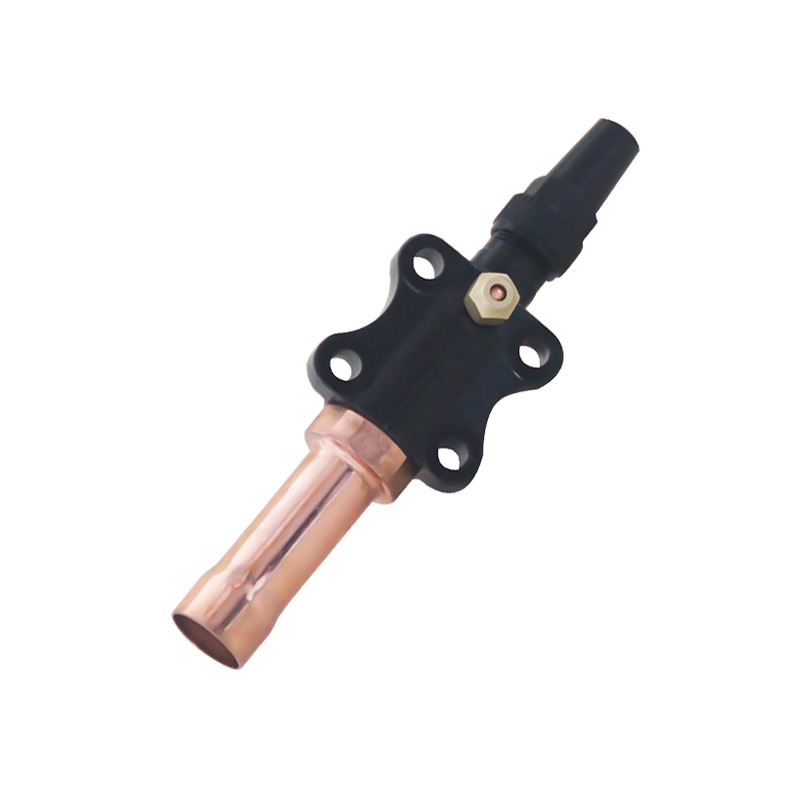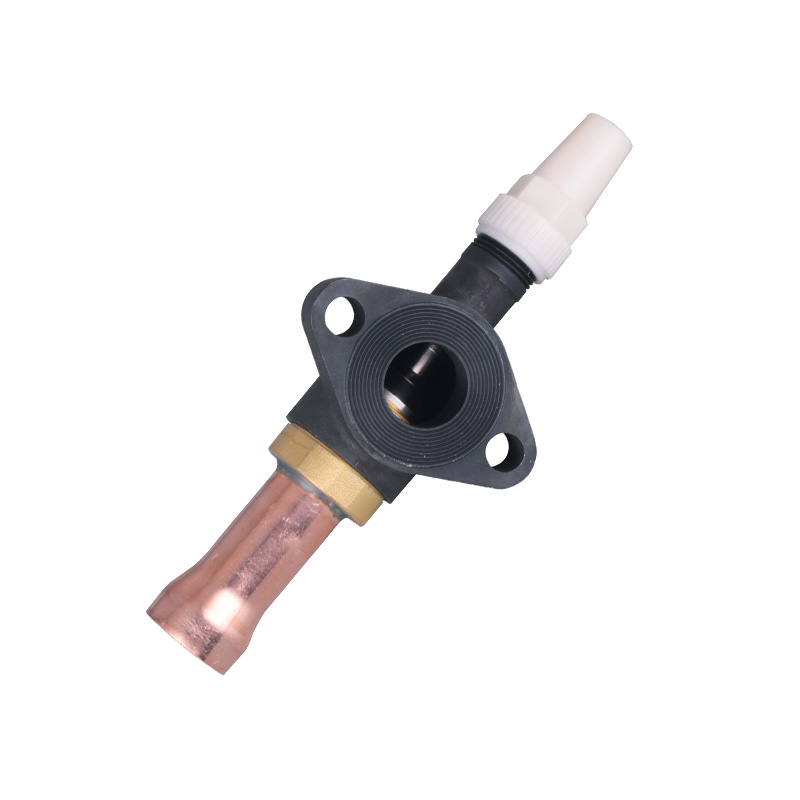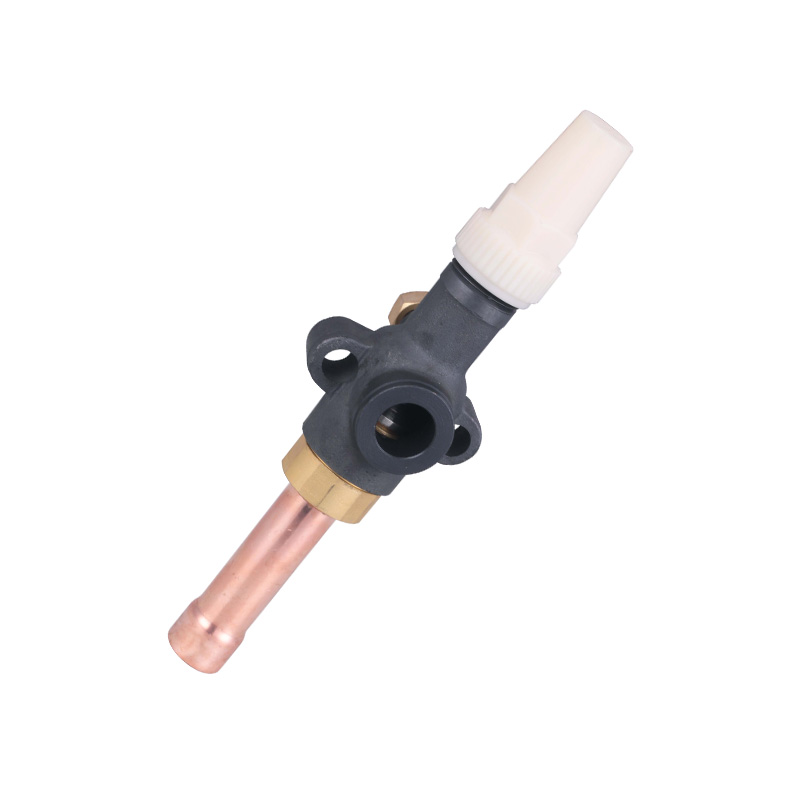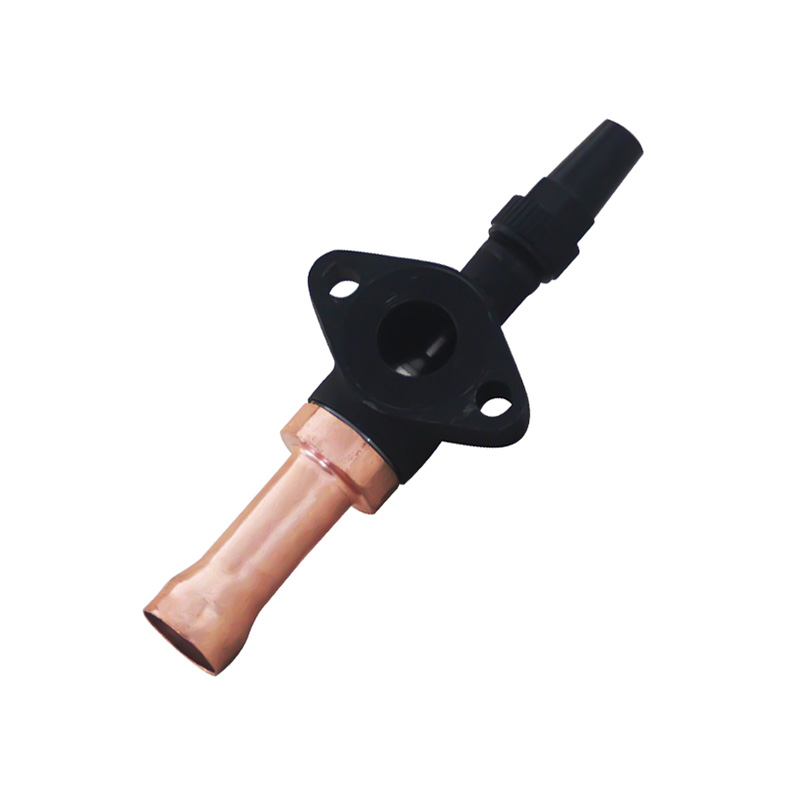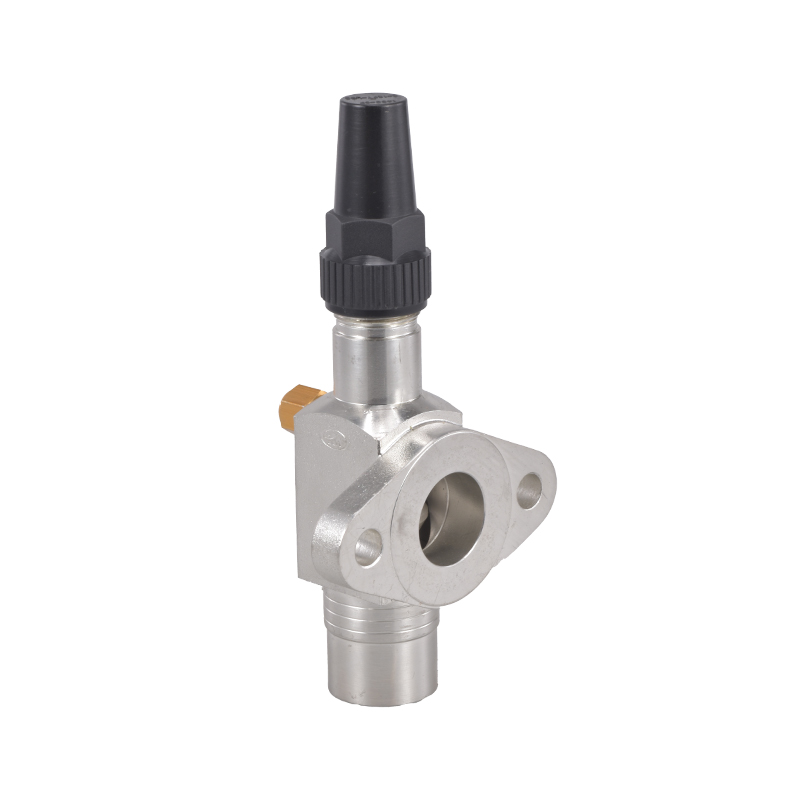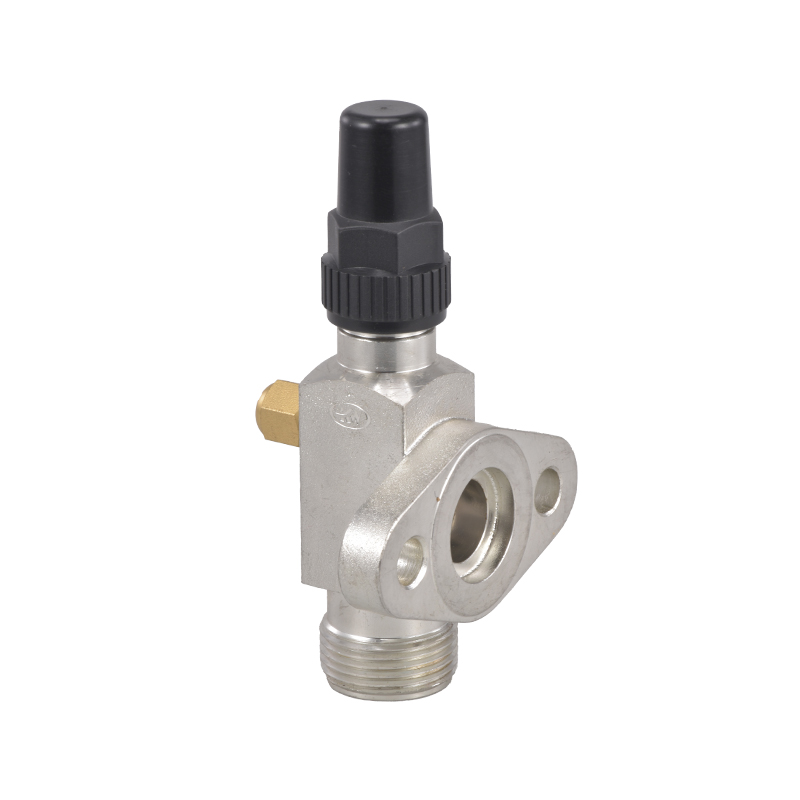Are Cast Iron Stop Valves and Welded Ball Valves Key to Reliable Pipeline Management?
 By Admin
By Admin
Reliable pipeline management is essential in modern industrial systems, and the choice of valves directly impacts efficiency and safety. The Cast Iron Stop Valve provides robust control over fluid flow, while the Welded Ball Valve ensures precision and leak-free operation. Together, these valves help industries maintain smooth operations, prevent system failures, and optimize maintenance schedules, making them indispensable components in various industrial applications.

Robustness of Cast Iron Stop Valves
Cast Iron Stop Valves are designed to endure demanding industrial environments. Their sturdy cast iron body offers exceptional resistance to pressure and mechanical stress. These valves are widely used in water treatment, heating, and steam distribution systems, where durability is critical. Operators can rely on their simple yet effective mechanism to quickly halt flow during maintenance or emergencies, enhancing system safety and reducing potential downtime.
Precision Engineering with Welded Ball Valves
Welded Ball Valves are engineered for precision and reliability. The seamless welded design reduces potential leak points and improves durability under high-pressure conditions. Their ability to provide accurate flow control makes them particularly suitable for critical applications, such as chemical processing, petrochemical pipelines, and high-temperature systems. The precise operation minimizes waste, enhances efficiency, and protects sensitive equipment from damage due to pressure fluctuations.
Advancements in Valve Materials
Modern Cast Iron Stop Valves and Welded Ball Valves benefit from technological improvements in materials and surface treatments. Corrosion-resistant coatings, heat-tolerant alloys, and reinforced sealing materials are increasingly used to extend valve lifespan. These improvements allow valves to maintain optimal performance in challenging conditions, ensuring reliability and reducing the need for frequent replacements. Such advancements are crucial in industries that demand long-term operational stability.
Integration in Smart Industrial Systems
As industrial facilities adopt automation and monitoring solutions, valves are increasingly integrated with sensors and control systems. Cast Iron Stop Valves and Welded Ball Valves can now be connected to digital monitoring platforms that track flow rates, pressure, and valve status in real time. Predictive maintenance alerts help operators identify potential issues before they lead to costly downtime. This integration improves both efficiency and safety, making industrial operations more responsive and intelligent.
Choosing the Right Valve for Each Application
Selecting the appropriate valve depends on system specifications. Cast Iron Stop Valves are typically preferred for general service pipelines where durability and affordability are key considerations. Welded Ball Valves are ideal for high-demand scenarios requiring leak-free operation and precise control. Evaluating factors such as pressure, temperature, and fluid type ensures that valves are matched to the application, optimizing both safety and efficiency.
Maintenance Tips for Long-Term Reliability
Regular maintenance is essential for sustaining valve performance. Routine inspections, lubrication, and monitoring of operational pressures help extend the life of both Cast Iron Stop Valves and Welded Ball Valves. Their inherent durability, combined with proper care, ensures years of reliable service while minimizing unexpected failures and operational interruptions.
By combining a Cast Iron Stop Valve for strong, reliable control with a Welded Ball Valve for precision and leak resistance, industries can achieve safer, more efficient pipeline management. These valves not only meet operational demands but also enhance long-term system performance, making them critical components for modern industrial infrastructure.




 English
English русский
русский Deutsch
Deutsch
